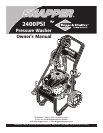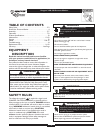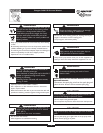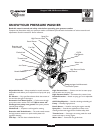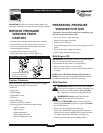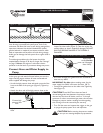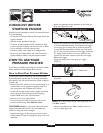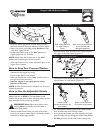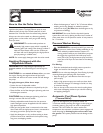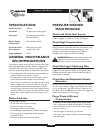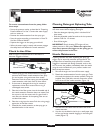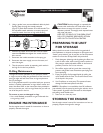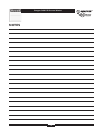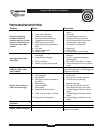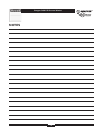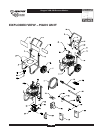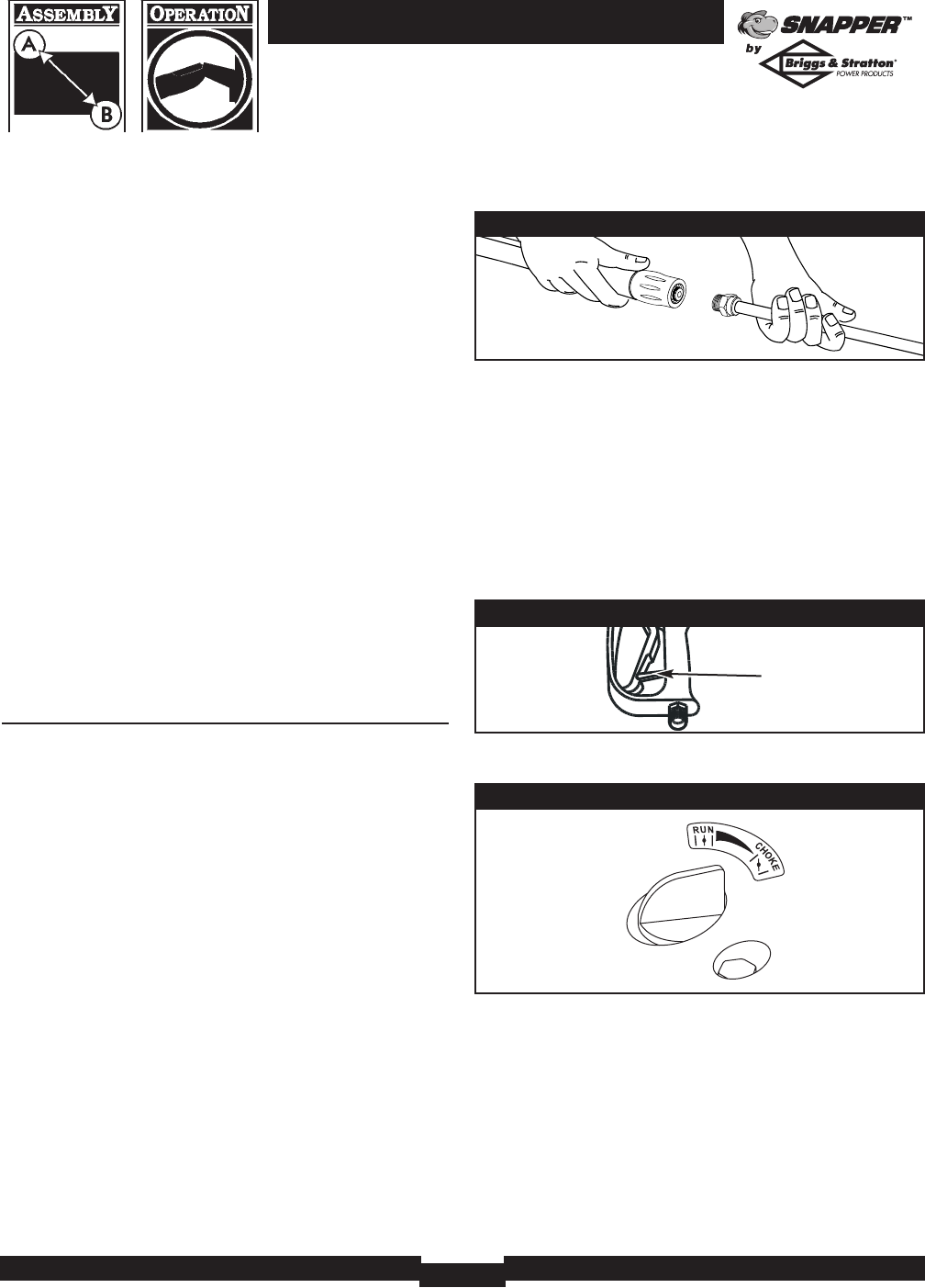
Snapper 2400 PSI Pressure Washer
7
CHECKLIST BEFORE
STARTING ENGINE
Review the unit’s assembly to ensure you have performed
all of the following.
• Check that oil has been added to the proper level in the
engine crankcase.
• Add the proper gasoline to fuel tank.
• Check for properly tightened hose connections (high
pressure and water supply) and that there are no kinks,
cuts, or damage to the high pressure hose.
• Provide a proper water supply at an adequate flow.
• Be sure to read "Safety Rules" and "How To Use Your
Pressure Washer" before using the pressure washer.
HOW TO USE YOUR
PRESSURE WASHER
If you have any problems operating your pressure washer,
please contact the local Snapper service center.
How to Start Your Pressure Washer
To start your pressure washer for the first time, follow
these instructions step-by-step.This starting information
also applies if you have let the pressure washer sit idle for
at least a day.
• Place the pressure washer in an area close enough to an
outside water source capable of supplying water at a
flow rate greater than 2.8 gallons per minute.
• Check that the high pressure hose is tightly connected
to the spray gun and to the pump. See “Preparing
Pressure Washer for Use” for illustrations.
• Make sure unit is in a level position.
• Connect the garden hose to the water inlet on the
pressure washer pump. Turn ON the water.
CAUTION! Do Not run the pump without the water
supply connected and turned on.You must follow this
caution or the pump will be damaged.
• Squeeze the trigger on the spray gun until you have a
steady stream of water.This purges the pump of air and
impurities.
• Attach the adjustable nozzle extension to the spray gun
(Figure 6).Tighten by hand.
• Position the nozzle in the low pressure mode (see “How
to Use the Adjustable Nozzle”) and squeeze the trigger
on the spray gun to relieve the air pressure caused by
turning ON the water.Water will flow out of the spray
gun in a thin stream. Continue to hold trigger until there
is a steady stream of water and no air remains in the
system.This will make it easier to pull start the engine.
Release the trigger.
• Engage the safety latch to the spray gun trigger
(Figure 7).
• Rotate the choke knob to the “Choke” position
(Figure 8).
NOTE: For a warm engine, be sure the choke knob is in
the “Run” position.
• Move the throttle lever to “Fast” position, shown on
unit as a rabbit (Figure 9).
Figure 6 — Connect Nozzle Extension to Spray Gun
Safety Latch
Figure 7 — Spray Gun with Safety Latch Engaged
Figure 8 — Choke Knob



